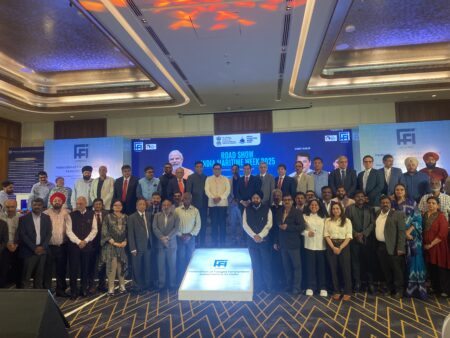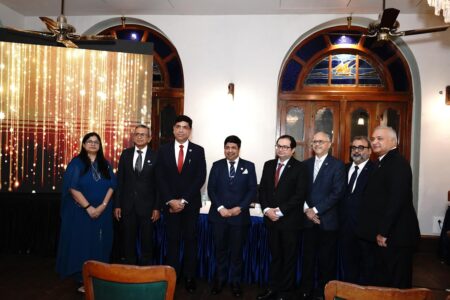In a proactive move towards streamlining customs processes and bolstering trade efficiency, the Federation of Freight Forwarders’ Associations in India (FFFAI) recently held discussions with Surjit Bhujabal, Member (Customs) at the Central Board of Indirect Taxes and Customs (CBIC).
The FFFAI delegation, led by Chairman Shankar Shinde and comprised of key members, addressed critical issues related to customs clearance and export trade during their visit to North Block, New Delhi.
A central focus of the discussions was the urgent need to implement specific timelines for customs clearance, particularly 24 hours for ocean cargo and 12 hours for air cargo. By adhering to these timeframes, the industry aims to significantly reduce costs associated with demurrage and detention charges.
The FFFAI team also emphasised the importance of enhancing the export trade’s performance and optimising systems such as ICEGATE and the Electronic Data Interchange (EDI) for smoother logistics operations. They proposed a robust IT system with 24×7 support to minimise downtime and ensure uninterrupted cargo operations.
Additionally, the delegation addressed the challenge posed by abrupt customs notifications and suggested that advance intimation of policy changes related to restrictions, prohibitions, or duty structures would help traders adapt more effectively, avoiding disruptions and extra costs.
The FFFAI Chairman highlighted issues related to shipping lines’ detention and custodians’ charges, which exporters often incur due to unforeseen delays. These charges can result in additional expenses and even order cancellations, impacting the trade’s viability.
The FFFAI made several recommendations to enhance customs clearance processes, digitisation efforts, infrastructure improvements, and skill development initiatives for both customs officers and customs brokers.
Their proactive engagement with CBIC aims to promote transparency, efficiency, and cost reduction in India’s logistics and trade sectors.











